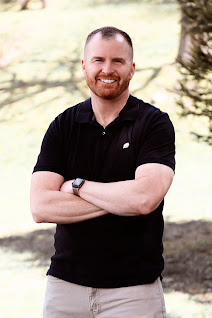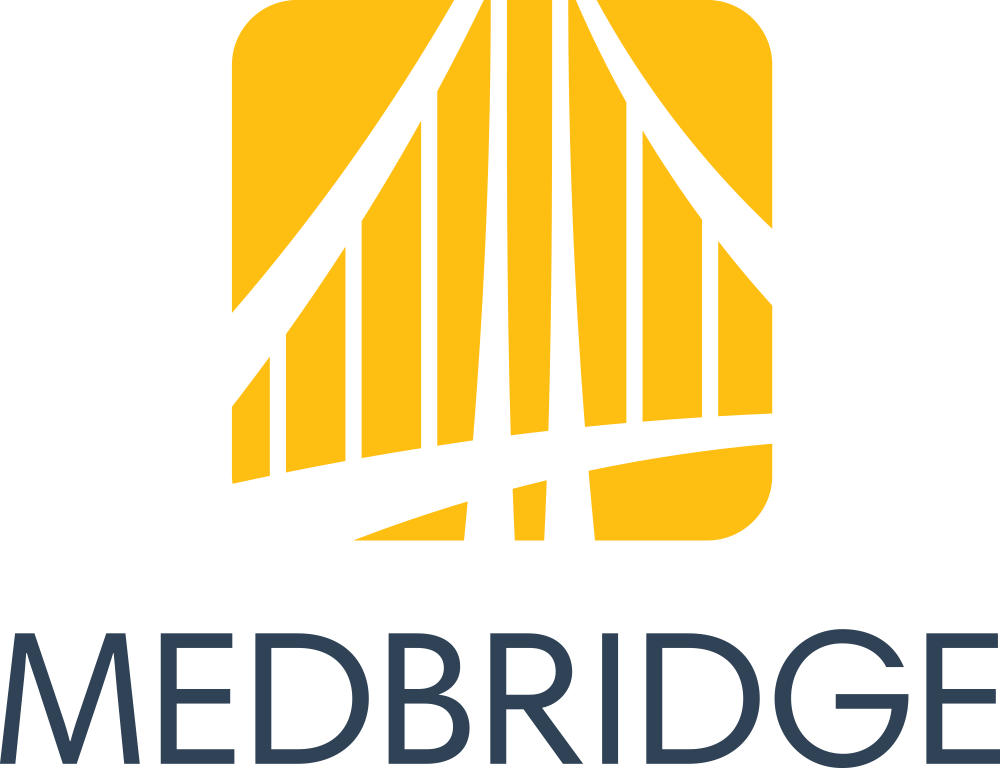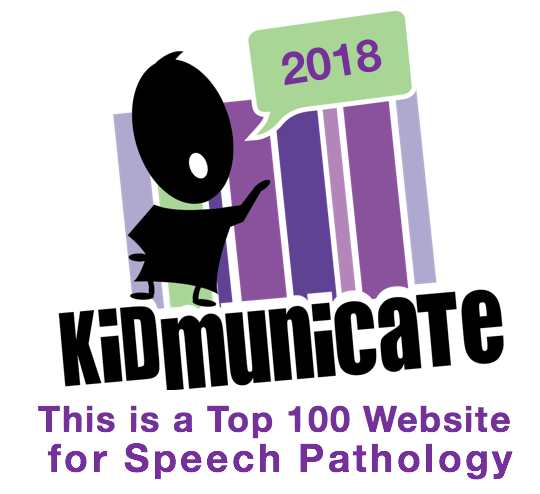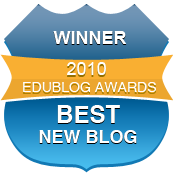In the public school setting, it is easy to argue that Facebook and sites like it have nothing to do with school and therefore have no place in therapy contexts. However, things that happen on Facebook can spill into the school setting in both positive and negative ways and affect our students' academic work. So, clinicians could choose to be reactive, and launch some instruction based on what s/he is hearing in pragmatics groups, or proactively, our high-functioning teen students could probably use at least a few lessons in these areas. Parent involvement is key with these topics, and the "expected and unexpected behaviors" (concept, of course, from Michele Garcia Winner's work) or Hidden Curriculum (Brenda Smith Myles) should be shared in consultation with parents to promote their discussions with their kids, and parent permission might even be a good thing to obtain.
What do you think? Have you conducted any instruction in social networking etiquette with your students? Comments and thoughts welcome as always.
Yeah, I don't know what half of these sites are either- but often the rules are the same!
You can read a portion of Brenda Smith Myles' Hidden Curriculum at Google Books. I would encourage anyone to buy the whole thing or one of her Page-a-Day Calendars.
In case you didn't see it, here is our little Google Docs presentation on the topic, also posted yesterday:





Sean this slide show is great and totally applicable to so many teenagers we SLPs work with. Honestly it's applicable to some of my friends on facebook as well! :)
ReplyDeleteThank you...that's how Katy and I came up with our list: we thought of what annoys us about our Facebook friends, then amped it up to include what might happen with kids who have more significant boundary issues!
ReplyDelete